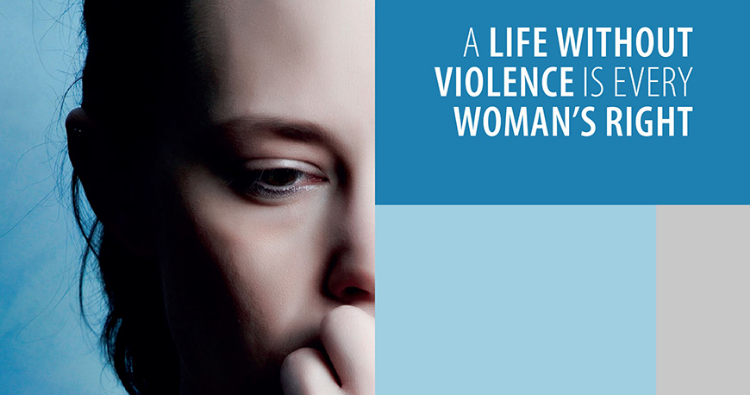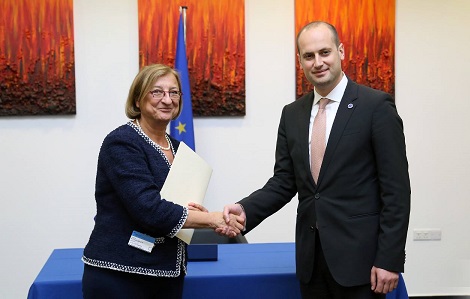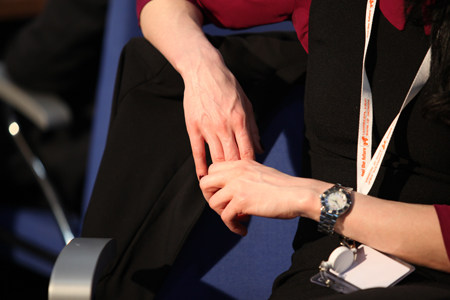Council of Europe clears away misconceptions to mark the UN international day for the elimination of violence against women

In Georgia the Istanbul Convention entered into force in September, 2017. Photo: CoE
In the run-up to the International Day for the Elimination of Violence against Women, marked on November 25, the Council of Europe seeks to clear away misconceptions about the Istanbul Convention on preventing and combating violence against women and domestic violence.
Georgia and Estonia are the only two countries of the former USSR that have ratified the Istanbul Convention.
In Georgia the convention entered into force in September, 2017.
“Despite its clearly stated aims, several religious and ultra conservative groups have been spreading false narratives about the Istanbul Convention, especially around the concept of “gender” included in its text. These misrepresentations are exposed and rectified in a new question-and-answer format text released today, which also highlights the focus of the convention to end violence against women and to protect women’s human rights,” CoE said in a release published on November 22.
The Istanbul Convention asks governments that have ratified it to take a comprehensive set of measures to tackle all forms of violence against women and domestic violence. This includes preventing violence from occurring, helping victims, and ensuring that perpetrators are brought to justice.
We must fulfill the promise of a comprehensive response to #ViolenceAgainstWomen. All @coe states should ratify and implement the #IstanbulConvention, promote #GenderEquality and combat harmful stereotypes about women’s and men’s lives
— Commissioner for Human Rights (@CommissionerHR) November 22, 2018
My statement ⬇️ https://t.co/lceutp5HPE
The convention also requires criminalising and legally sanctioning different forms of violence against women, for example: domestic violence, stalking, sexual harassment and psychological violence.
“But the convention is certainly not about ending sexual differences between women and men. Nowhere does the convention ever imply that women and men are or should be “the same”,” CoE said.
On the other hand, the convention requires action to counter the idea that women are inferior to men insofar as “prejudices, stereotypes, customs, and traditions still favour men in many settings, for example in the private and public sphere, political life, at work, in education systems, in reporting crimes to the police, or when in court.”
Out of all 47 member states of the Council of Europe, only Azerbaijan and Russia have neither signed nor ratified the Istanbul Convention.
 Tweet
Tweet  Share
Share



